Collection is one of the important professional tasks of the museum to have original artifacts with scientific value. Therefore, in recent years, the collection work has always been focused on by the Provincial Museum.
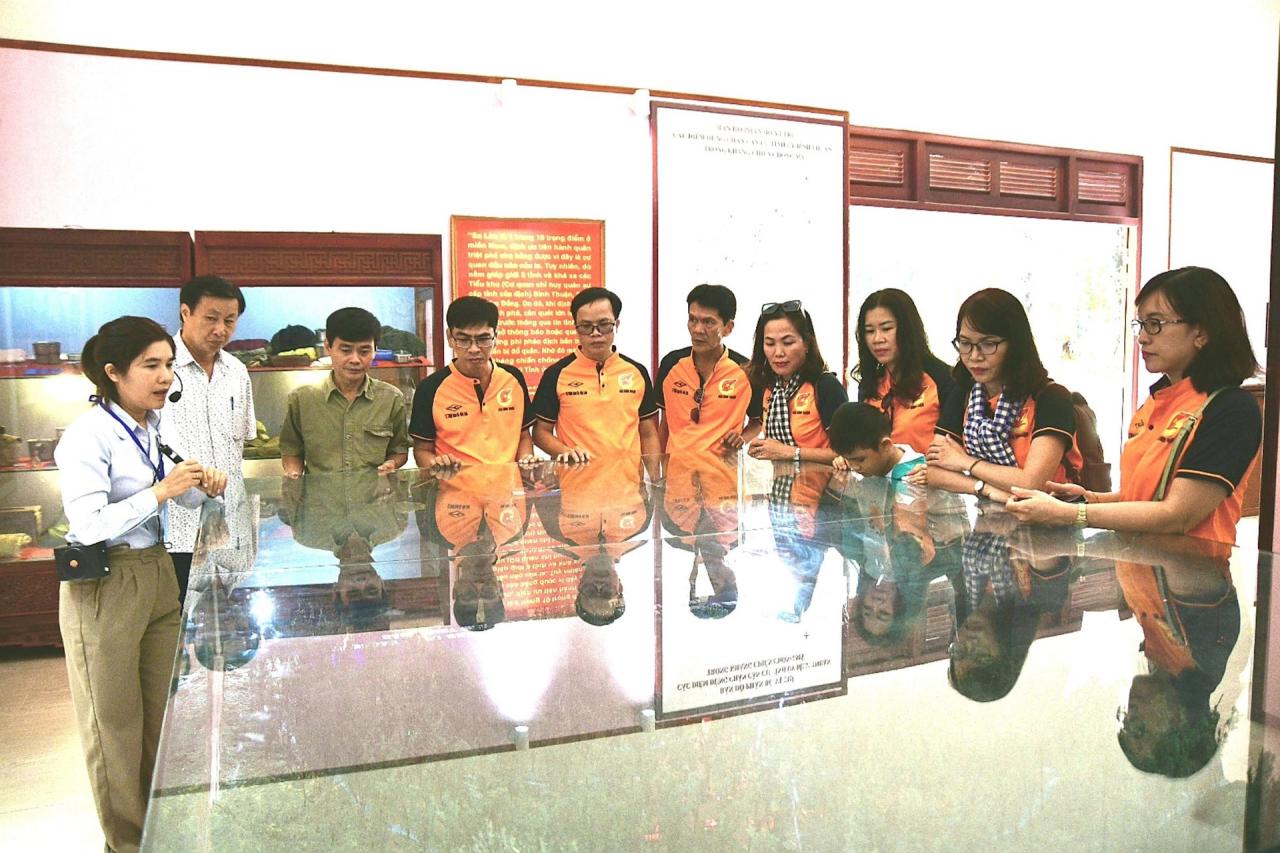
Not afraid of difficulties, not afraid of hardships
Looking at the original artifacts of the resistance war and national culture displayed at the Provincial Museum, few people know that to have original artifacts is a difficult and arduous process of collecting for the collectors. This not only requires those who carry out this task to be good at their profession but also to be skillful in persuasion, not afraid of difficulties and hardships.
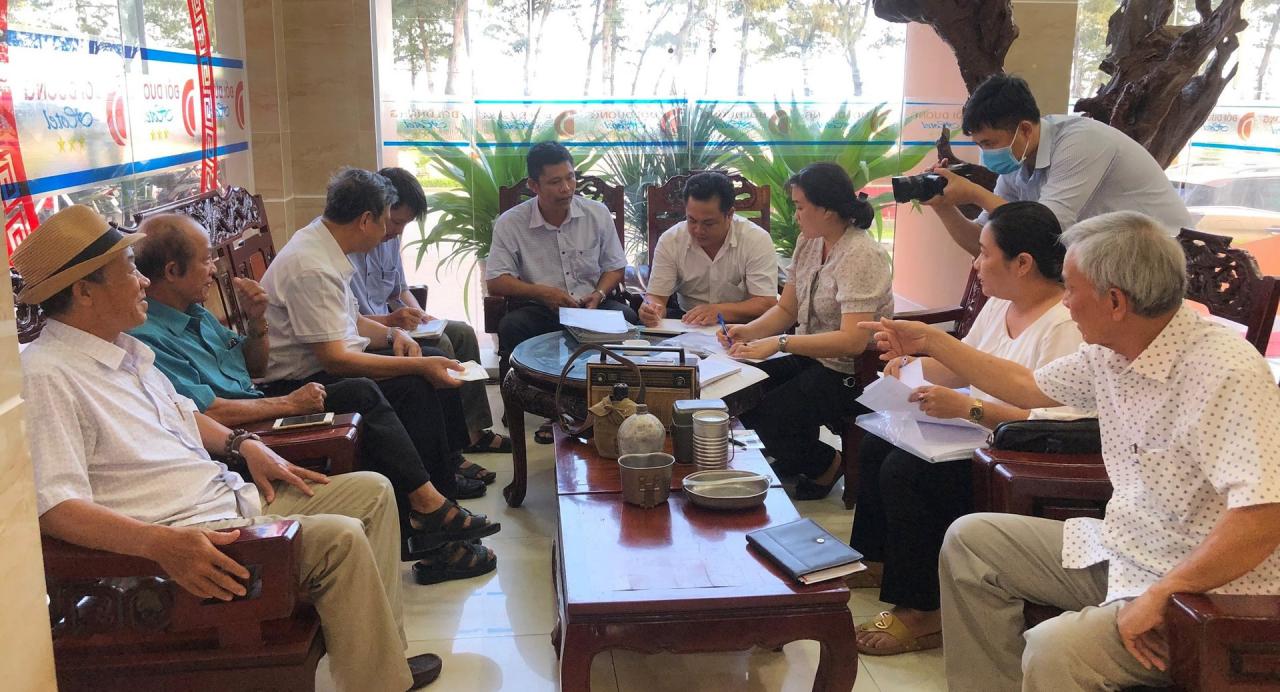
Talking to us, Mr. Uong Trung Hoa - Head of the Museum Department, Provincial Museum said that the work of collecting documents and artifacts from the resistance war period, the subsidy period and the culture of ethnic groups encountered many difficulties because the war had ended, documents and artifacts were lost, damaged and gradually lost over time, along with the development of science and technology, leading to documents and artifacts being replaced by modern equipment. Historical witnesses are old and no longer lucid, so it is difficult to exploit information and collect. In addition, due to the trend of cultural exchange and acculturation between ethnic groups, especially the awareness of ethnic minorities about preserving and promoting traditional (original) artifacts is not guaranteed, causing deformation, damage and most of the documents and artifacts are closely related to daily life, so it is difficult to convince them to donate or sell them to the museum.
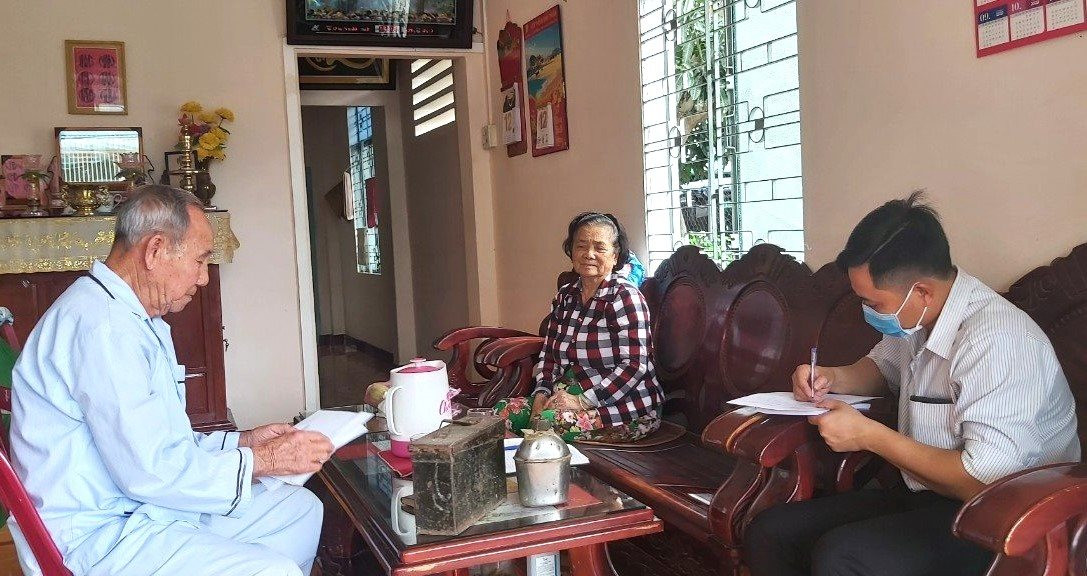
Faced with such difficulties, the staff doing research and collection work have constantly made efforts, learned, and conducted collections in many forms. Every year, they organize surveys to places where ethnic minorities live, revolutionary base areas, etc. to collect typical and unique documents, artifacts, and archaeological artifacts. At the same time, the staff directly doing the collection work always practice communication skills with the people, regularly visit and mobilize families and relatives to influence and persuade them to make the work go smoothly, with the motto "Living close to the people, going where the people remember, staying where the people love".
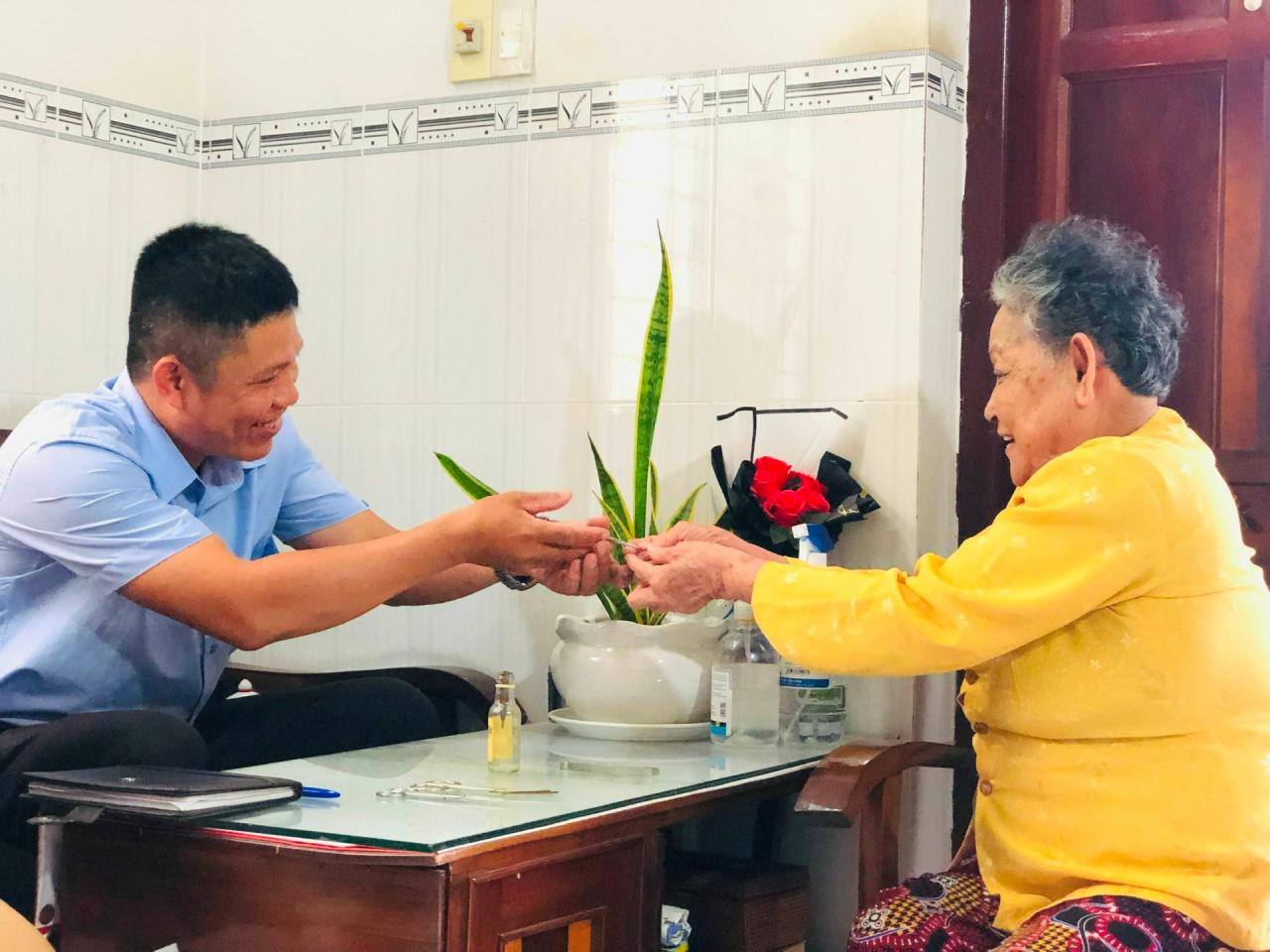
In addition, the Provincial Museum staff also establishes relationships with organizations and unions, builds a network of collaborators, maintains contact with prestigious people, dignitaries, and commune cultural officers, etc., and promotes public awareness of the value of cultural heritage and persuades them to agree on the collection work. When discovering artifacts, these subjects will proactively contact museum staff to promptly collect them, avoiding loss and loss of valuable artifacts.
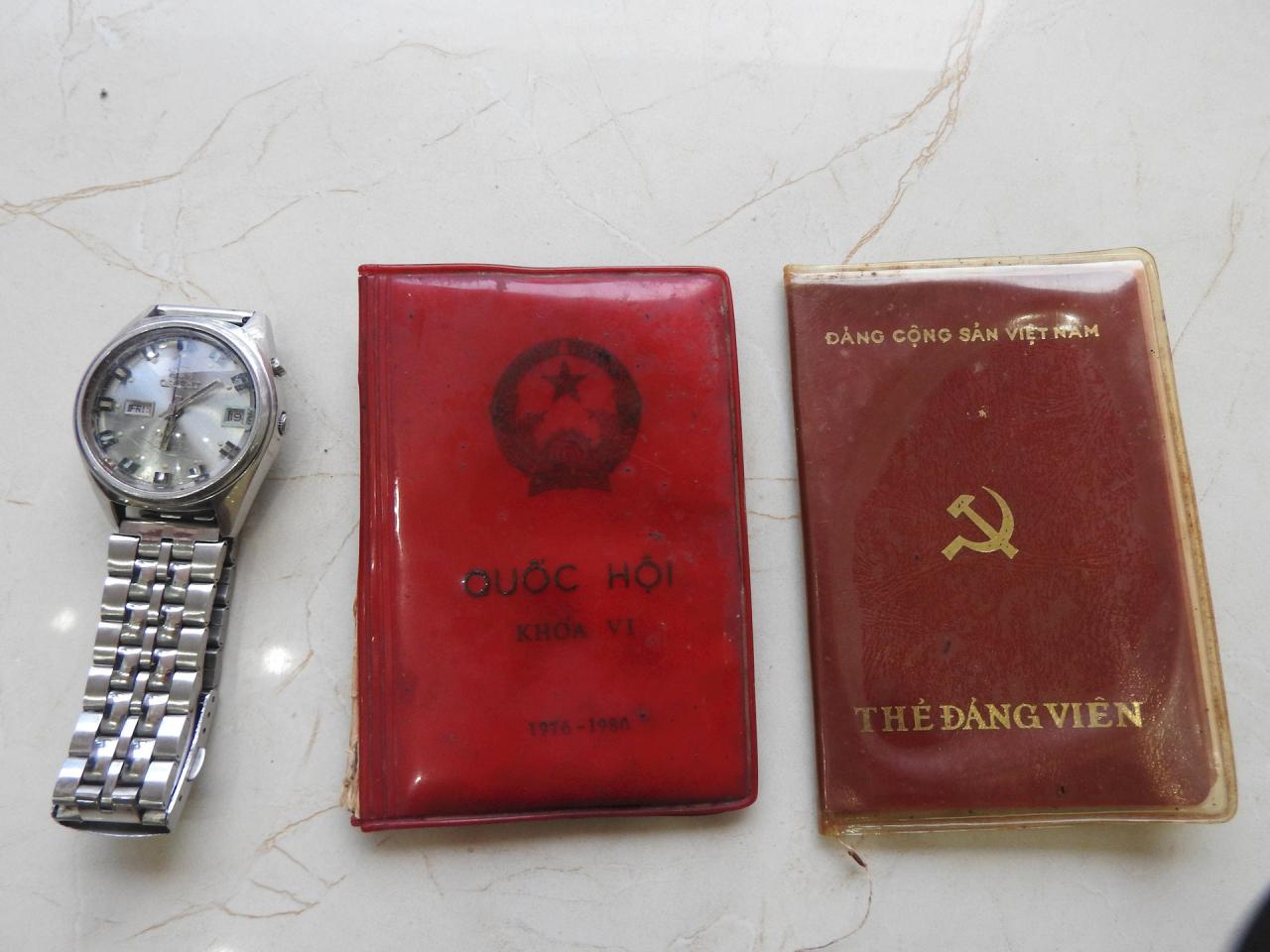
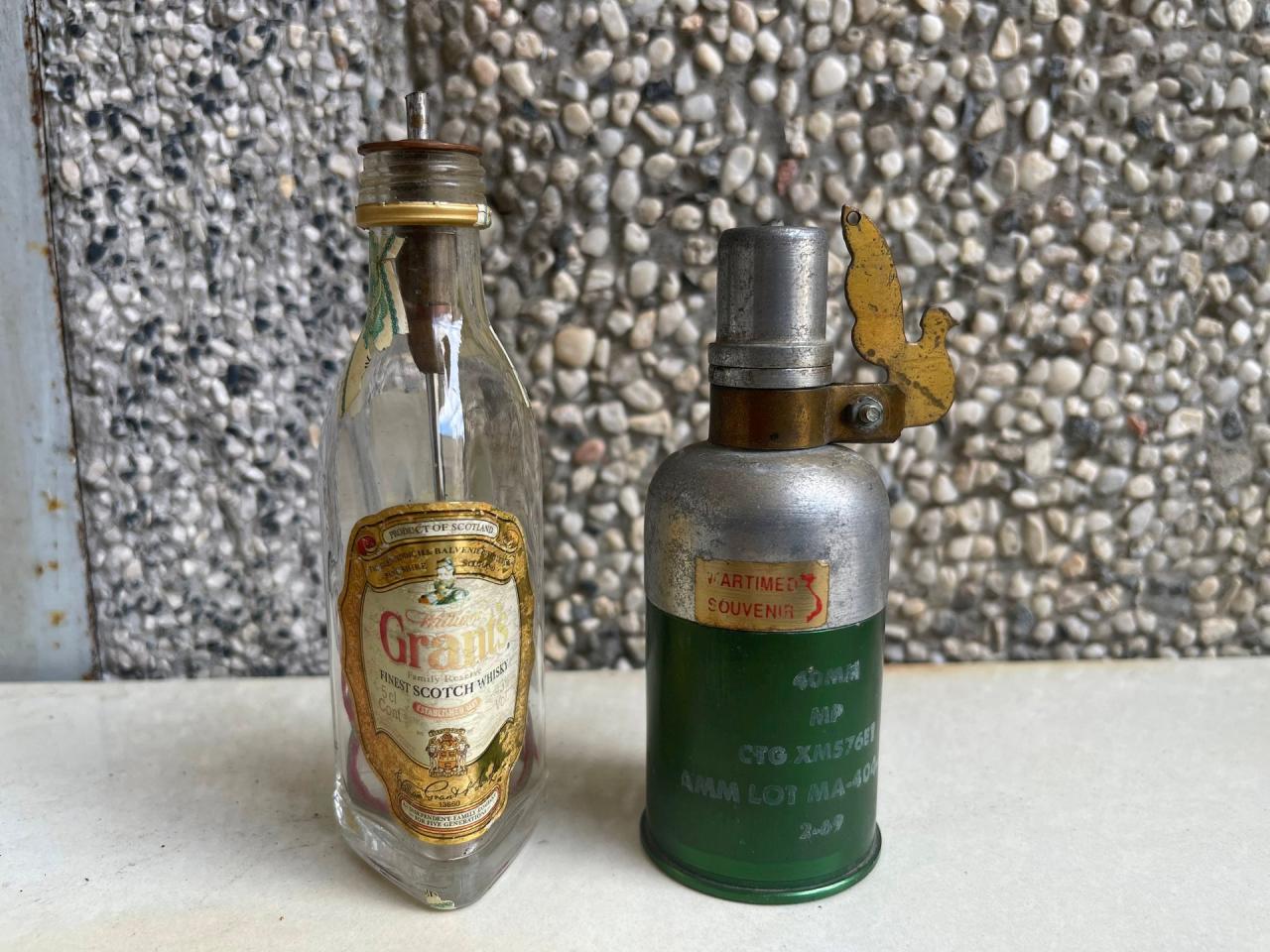
Make artifacts “talk”
Recalling the trips to collect and mobilize donations of artifacts, Mr. Uong Trung Hoa told us that in 2022, when the Provincial People's Committee approved the outline of the exhibition of the Memorial House - Exhibition of the Binh Thuan Provincial Party Committee Base Relic Site during the resistance war against the US in Sa Lon (Dong Giang commune, Ham Thuan Bac district). The Provincial Museum is the unit assigned by the Department of Culture, Sports and Tourism to carry out the work of collecting and gathering related documents, artifacts and images to serve the display work. In addition to launching the open letter, the Provincial Museum also coordinated with the Liaison Committee of the Provincial Party Committee Office during the Binh Thuan revolutionary resistance war to call for and encourage units, collectives and individuals inside and outside the province to be interested in donating related documents, artifacts and images. Upon receiving the news of consent to support and donate, the professional staff of the Provincial Museum immediately divided into groups, approached units, organizations and individuals to receive and collect information to support the explanation work, making the above artifacts "speak".
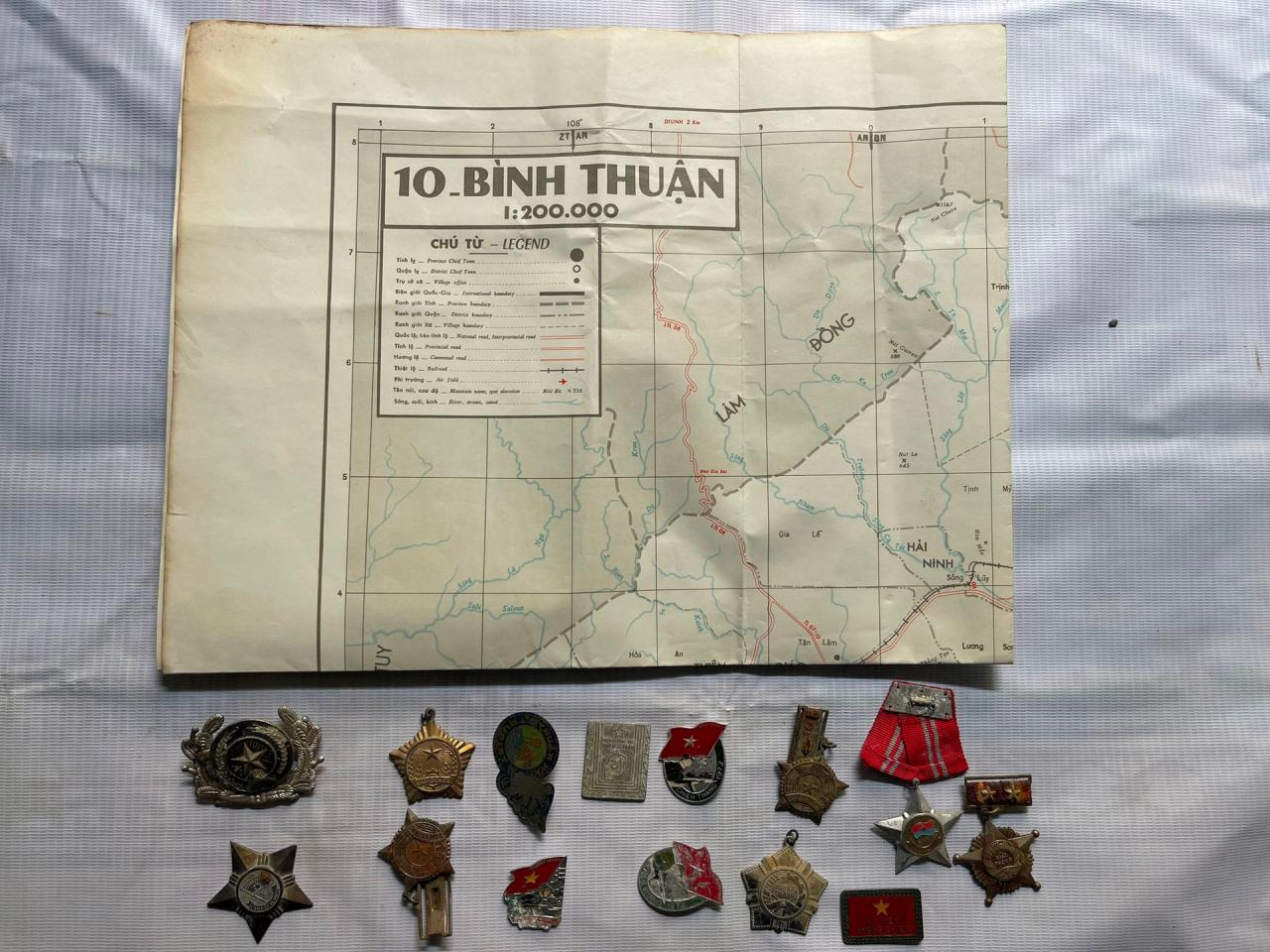
Each souvenir that the ladies and gentlemen gave was closely associated with the collective and individual of each comrade during the fierce and arduous war, a heroic testament to a time of youth ready to sacrifice. It was a homemade mug, a guigo can, a water bottle, medical scissors, an embroidered scarf, a hairpin, a shoe clip, a camera, a compass, a radio... Each artifact was a story, so even though it was stained by time, it contained within it love, sharing the sweet and the bitter between comrades, the loyal and steadfast affection of lovers, of husbands and wives, of fathers and children. There was also blood, tears, sacrifice, along with the ambitions, dreams and extraordinary determination of a time of youth devoted to the country. Therefore, many people and their relatives were attached to it and wanted to keep it as a family souvenir. Only when museum staff committed to preserving and displaying according to regulations to build the relic site into a place to educate the younger generation about revolutionary fighting traditions did they agree.
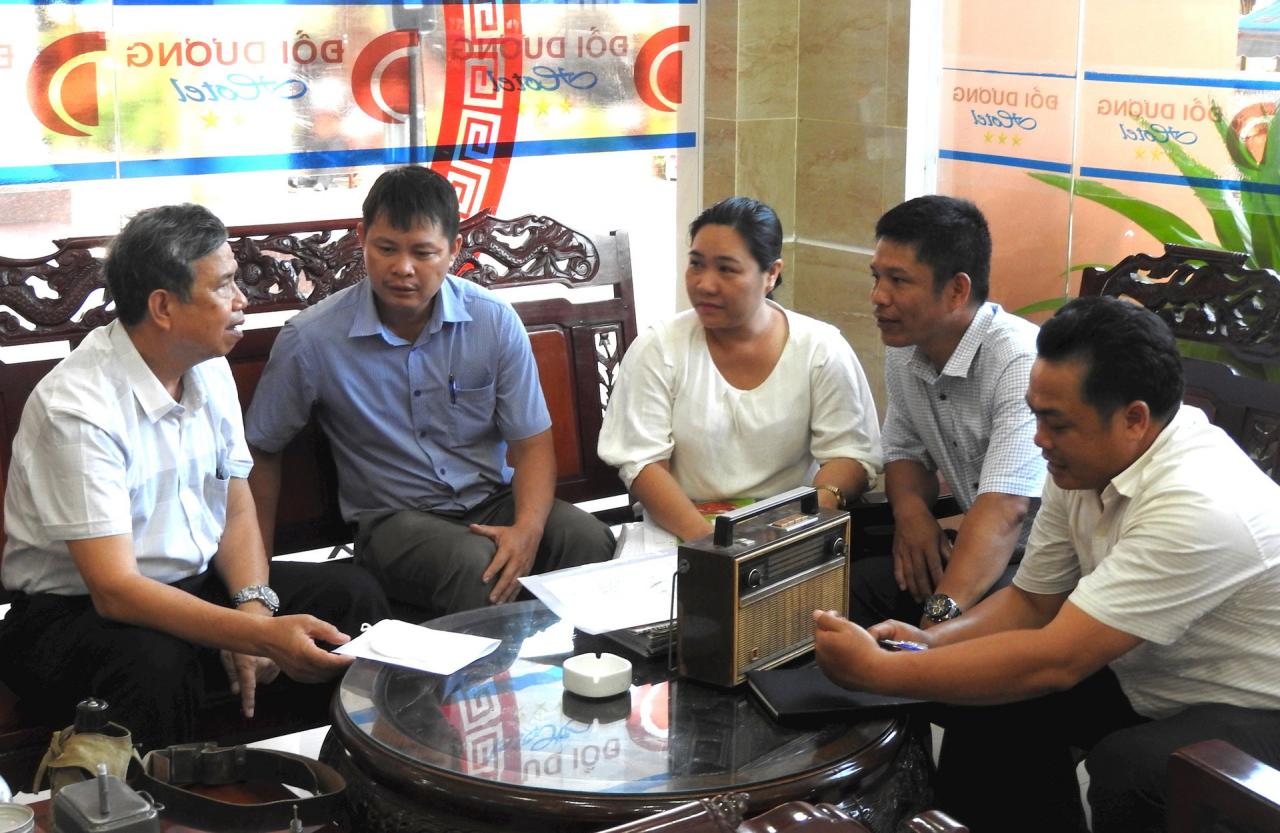
In 2022 alone, the Provincial Museum Department collected 601 artifacts, exceeding the plan by 751%. Of which, 277 Salon documents and artifacts were donated and 219 documents and artifacts were proposed for purchase. In 2023, 25 artifacts were received, including valuable artifacts of the Sa Huynh culture donated by private collectors.
The original artifacts donated by the people and displayed at the Provincial Museum are all extremely valuable historical sources that contribute to the artifact records, affirming the long-standing traditions and cultural values of Binh Thuan.
The provincial museum is displaying and preserving nearly 60,000 artifacts, of which nearly 30,000 are original artifacts of historical, cultural and aesthetic value, comprehensively reflecting the historical, natural and social periods of Binh Thuan province.
Source


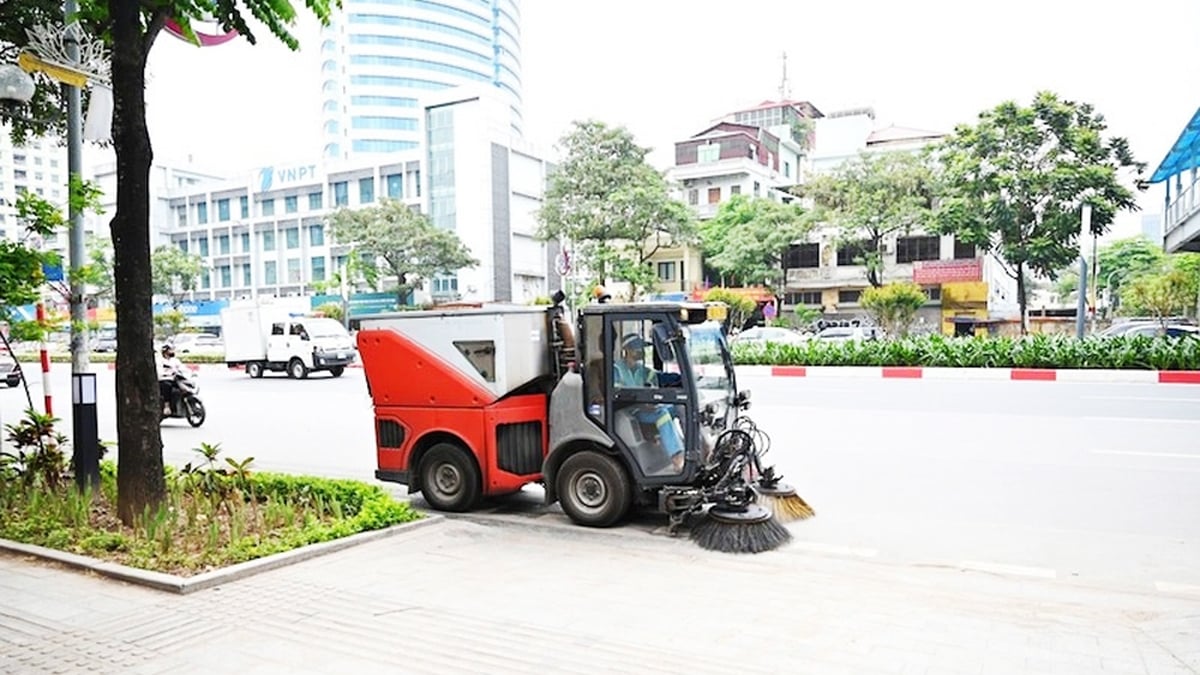
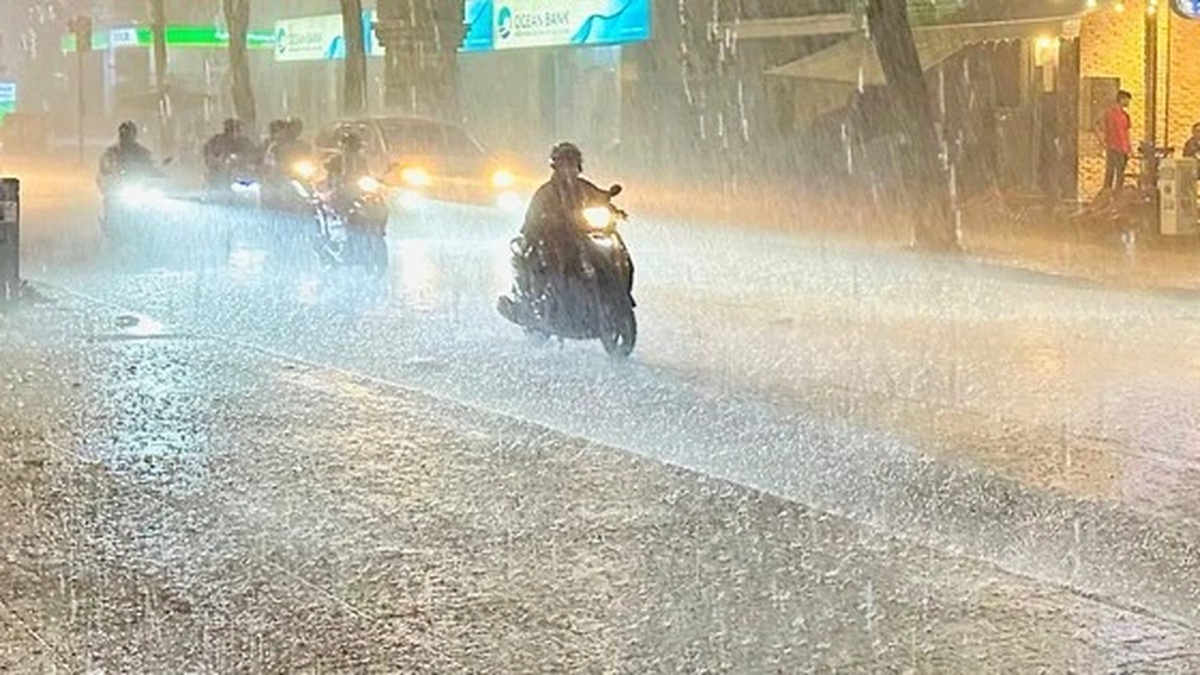
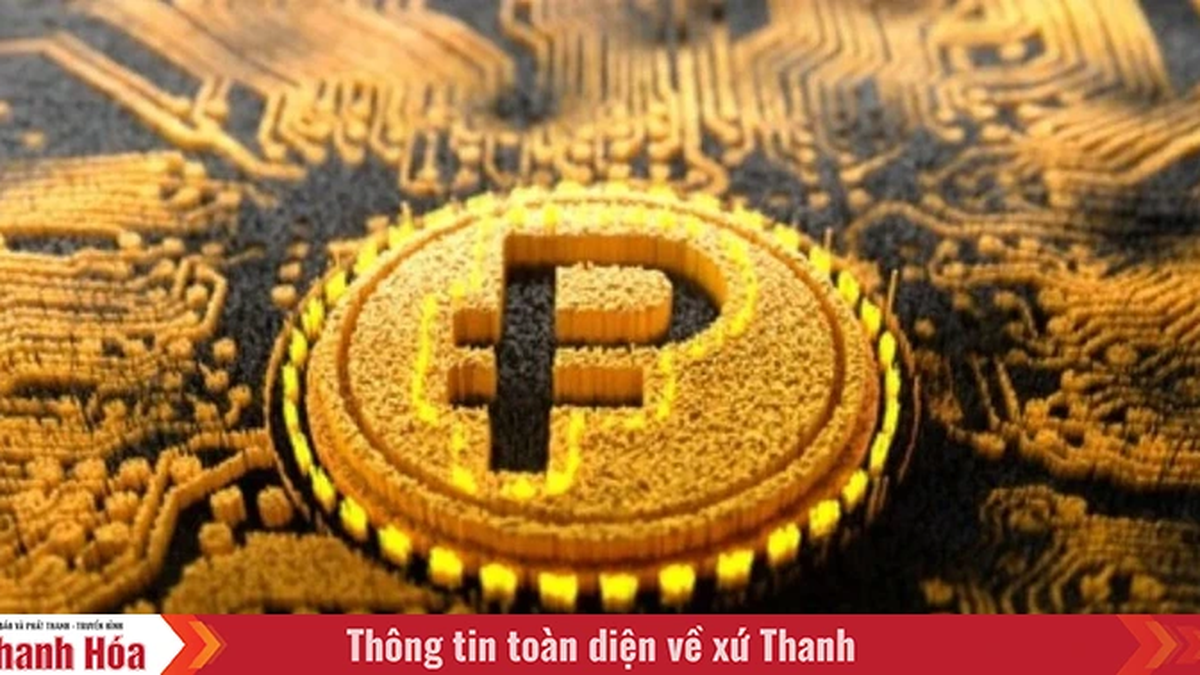
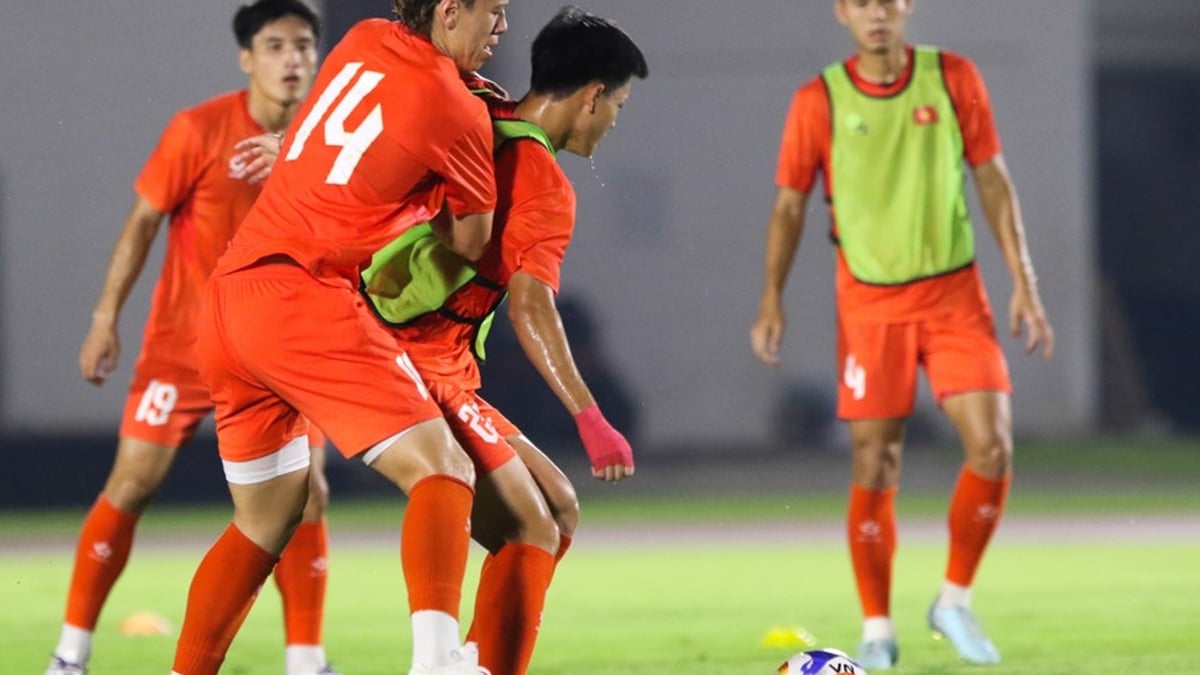
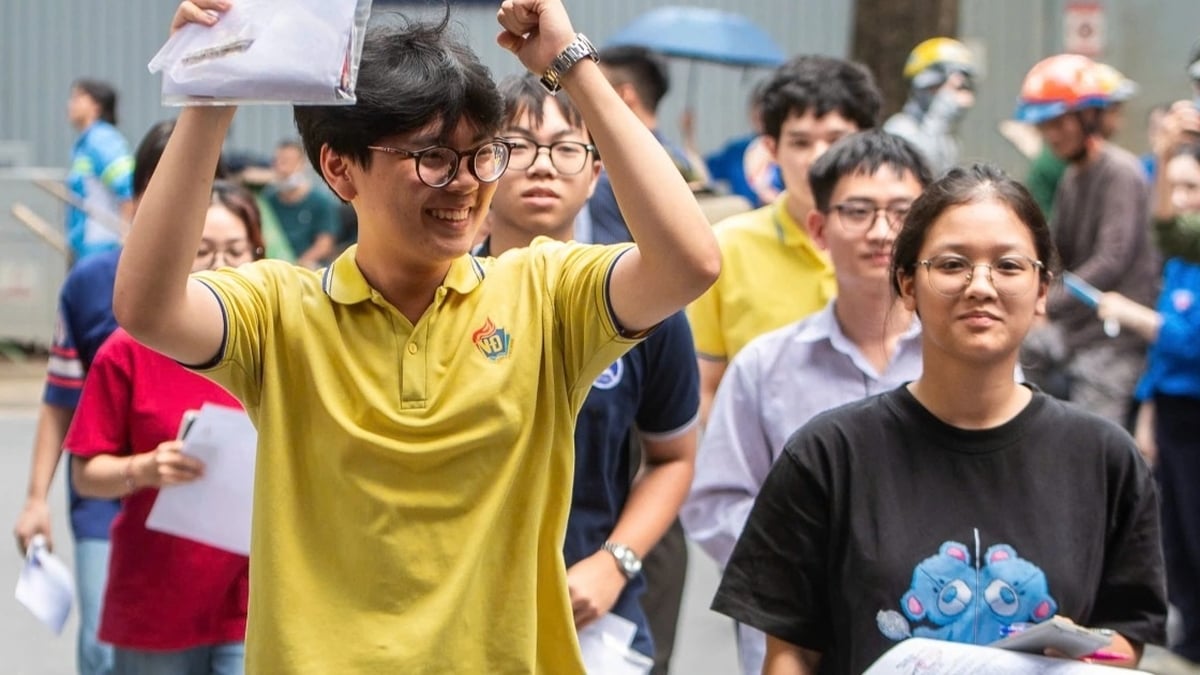
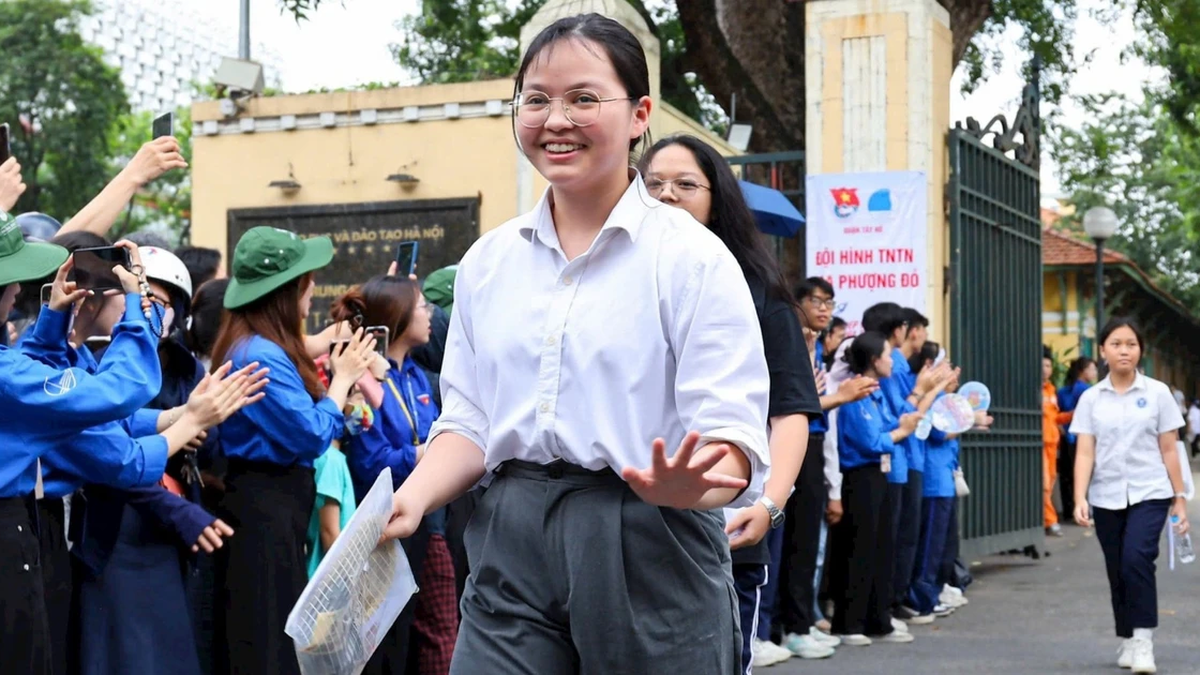
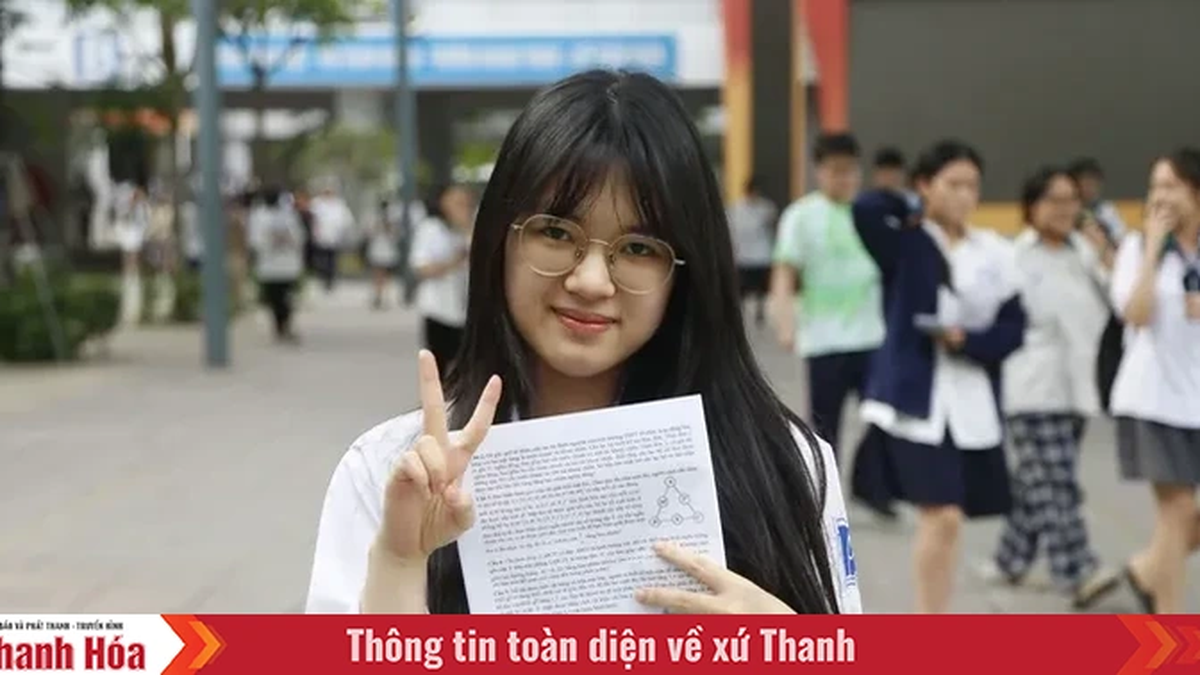
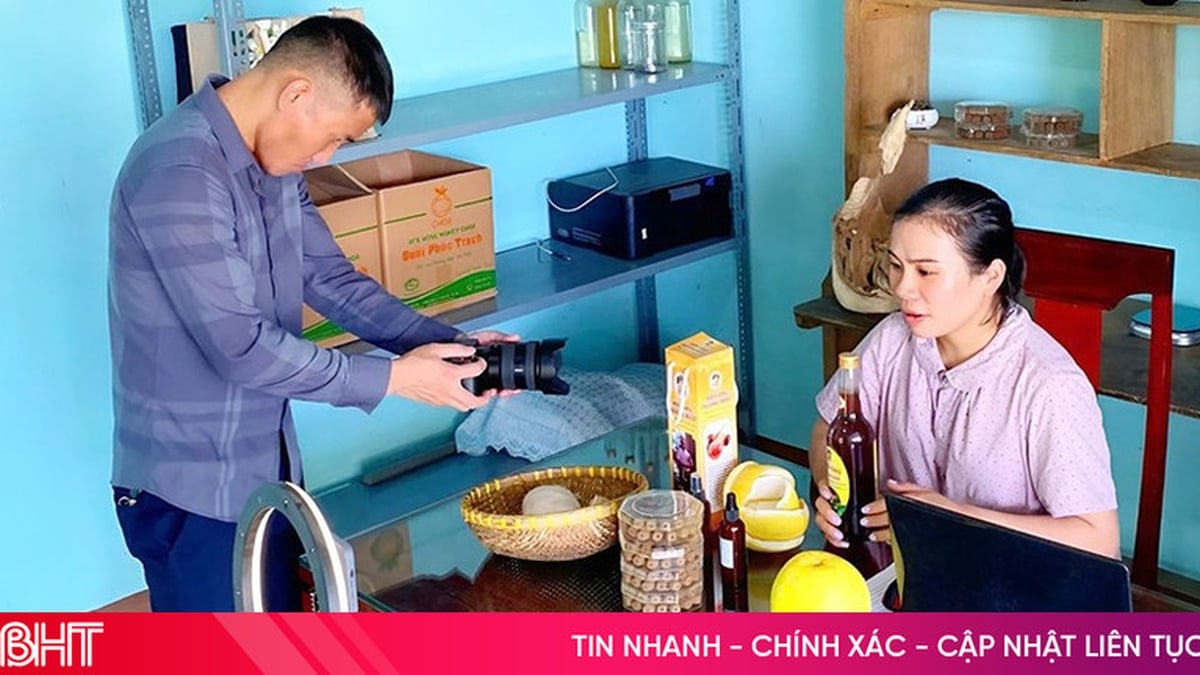
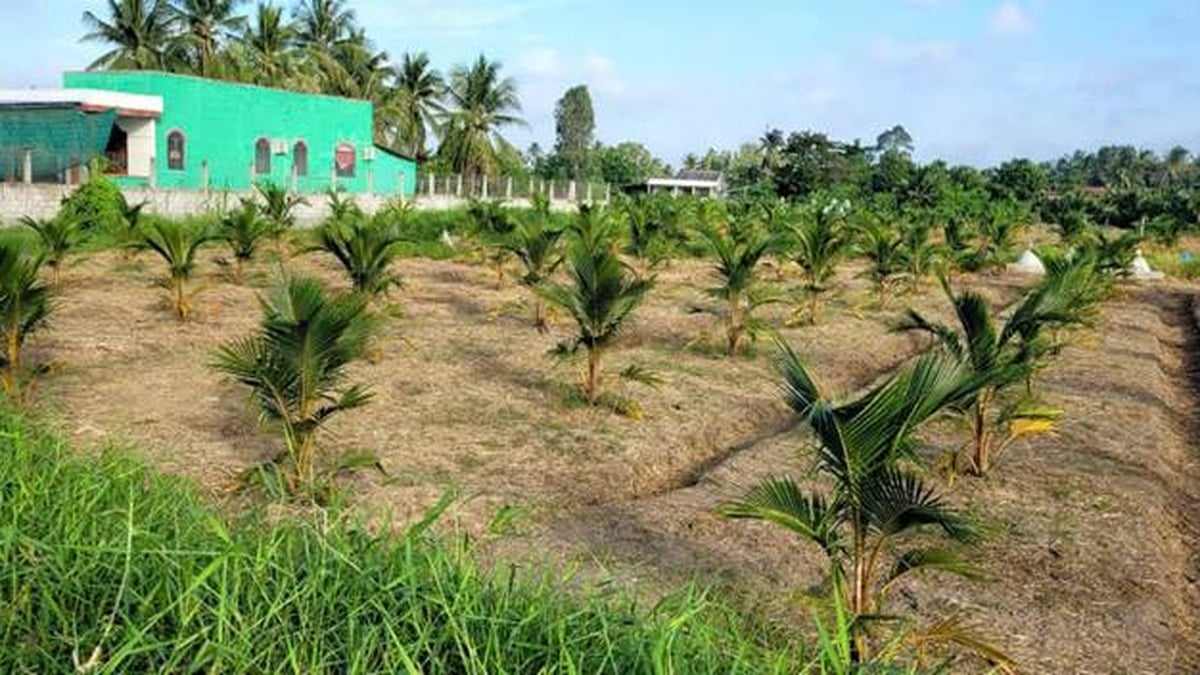
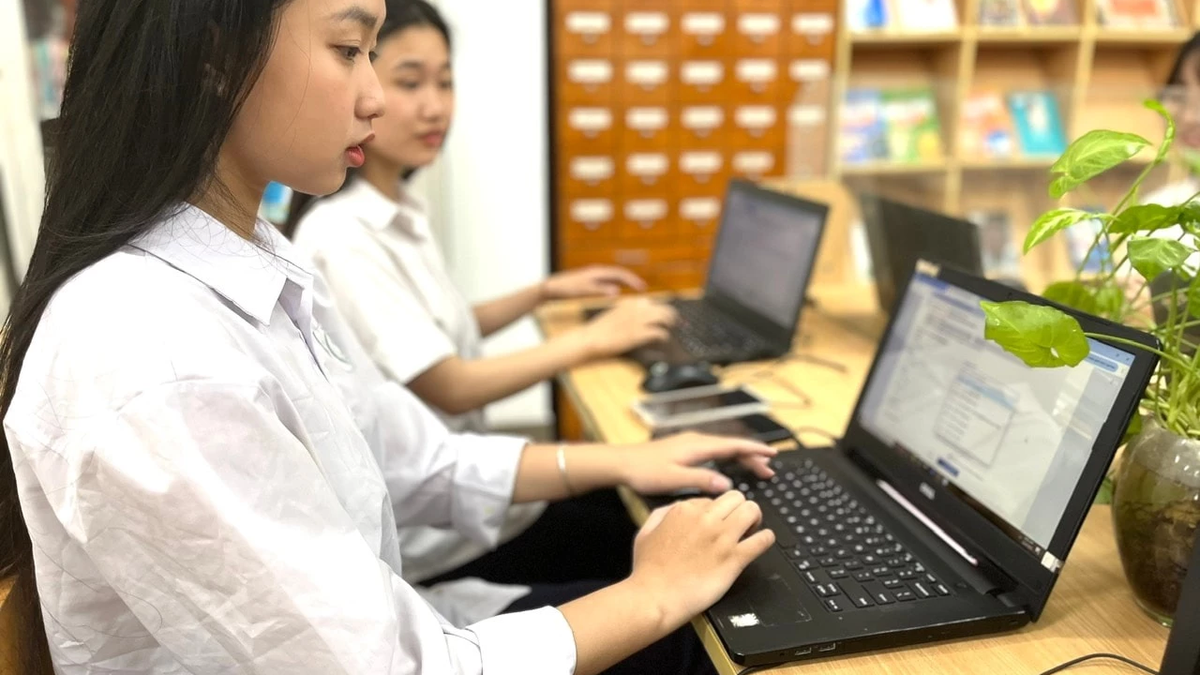














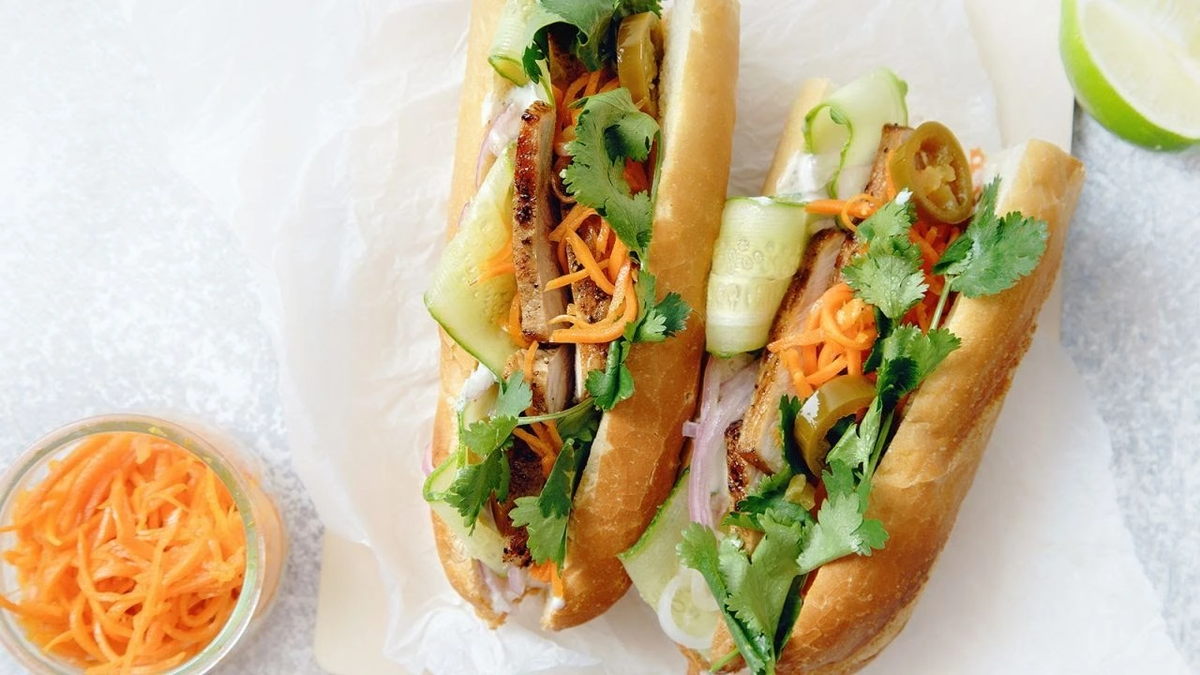











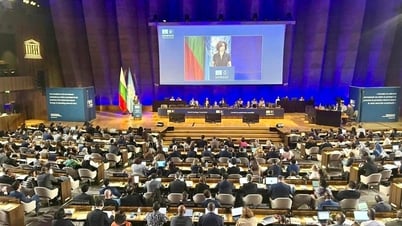














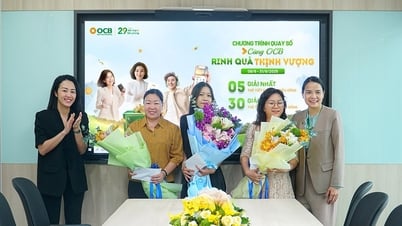


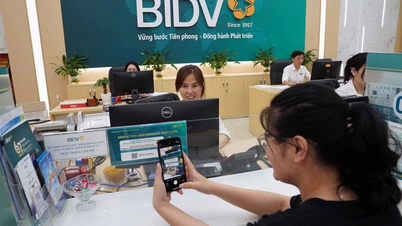





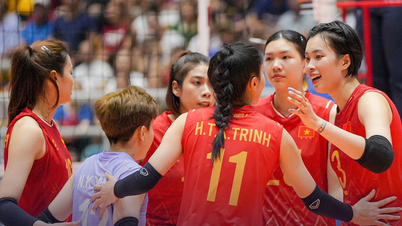
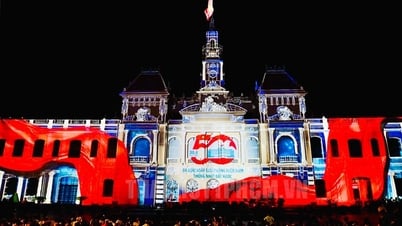
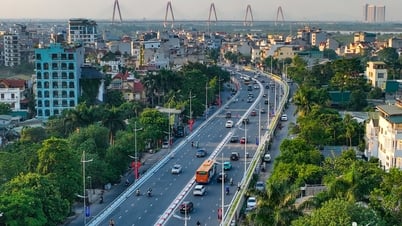
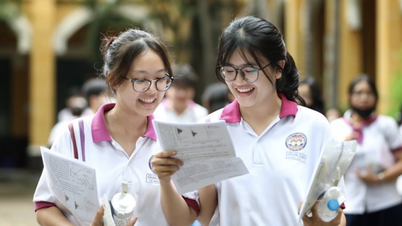


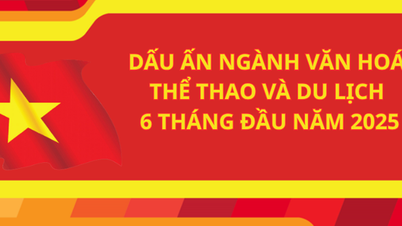


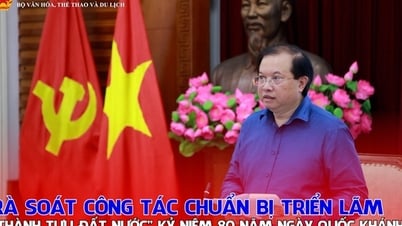



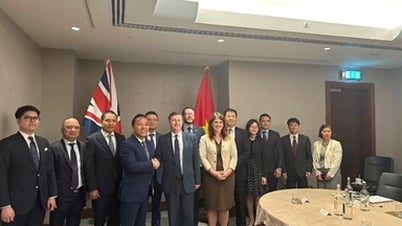




















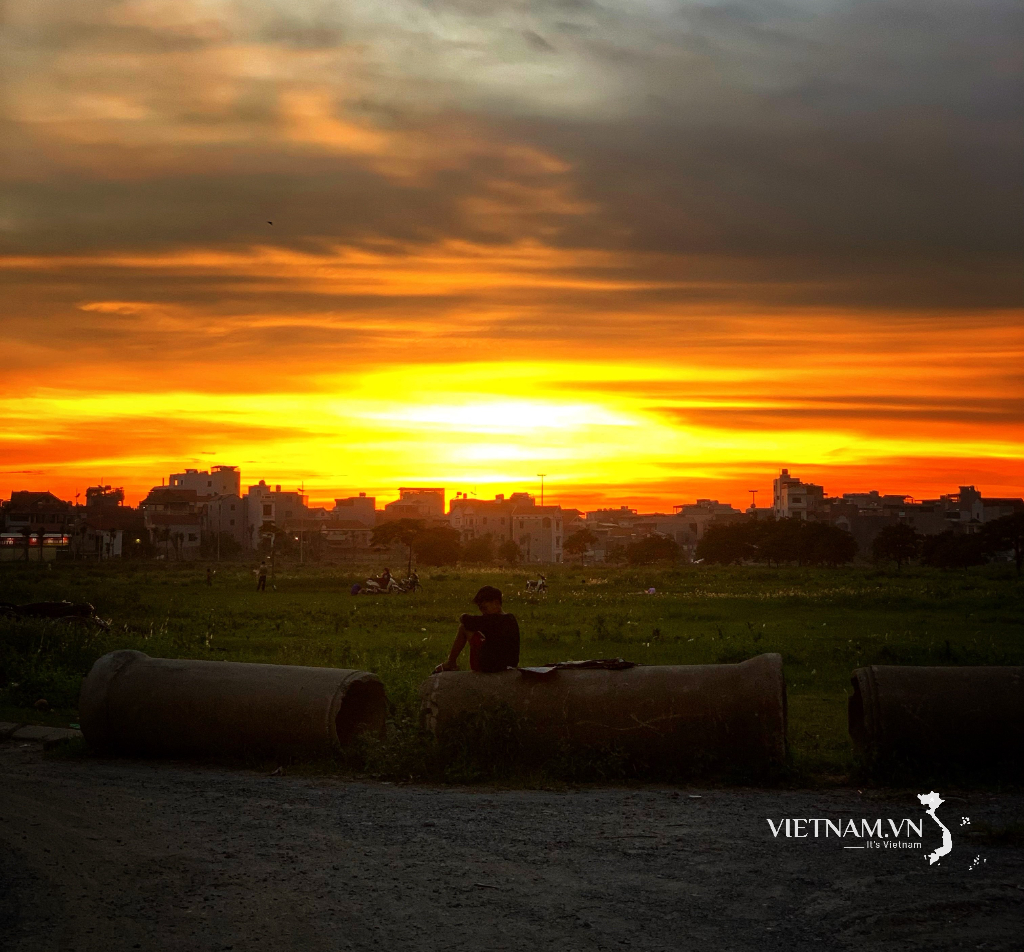
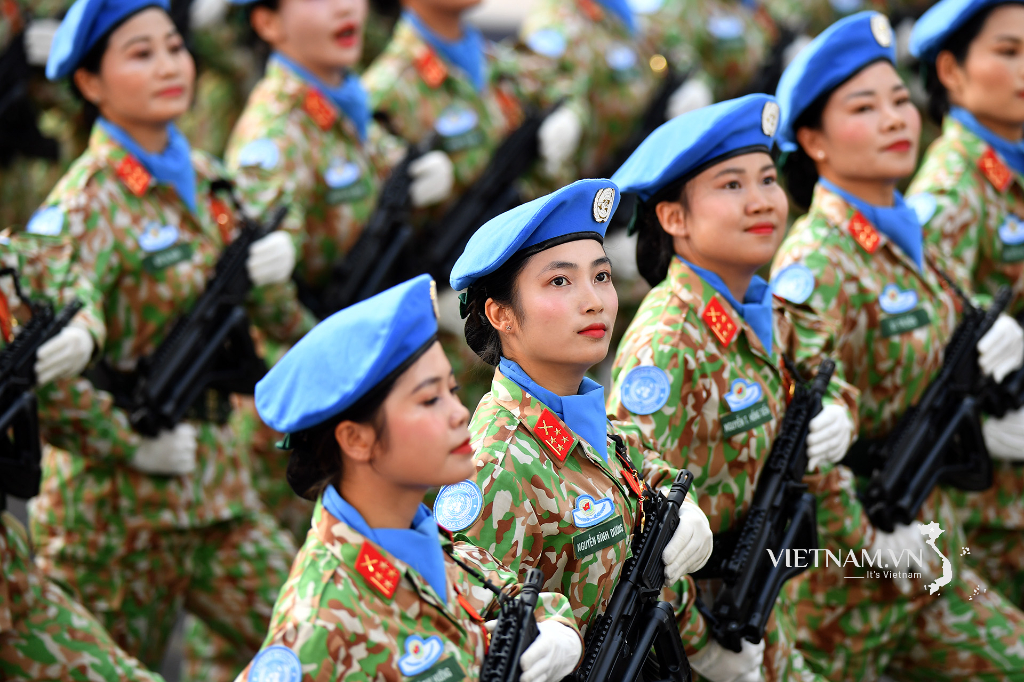

Comment (0)